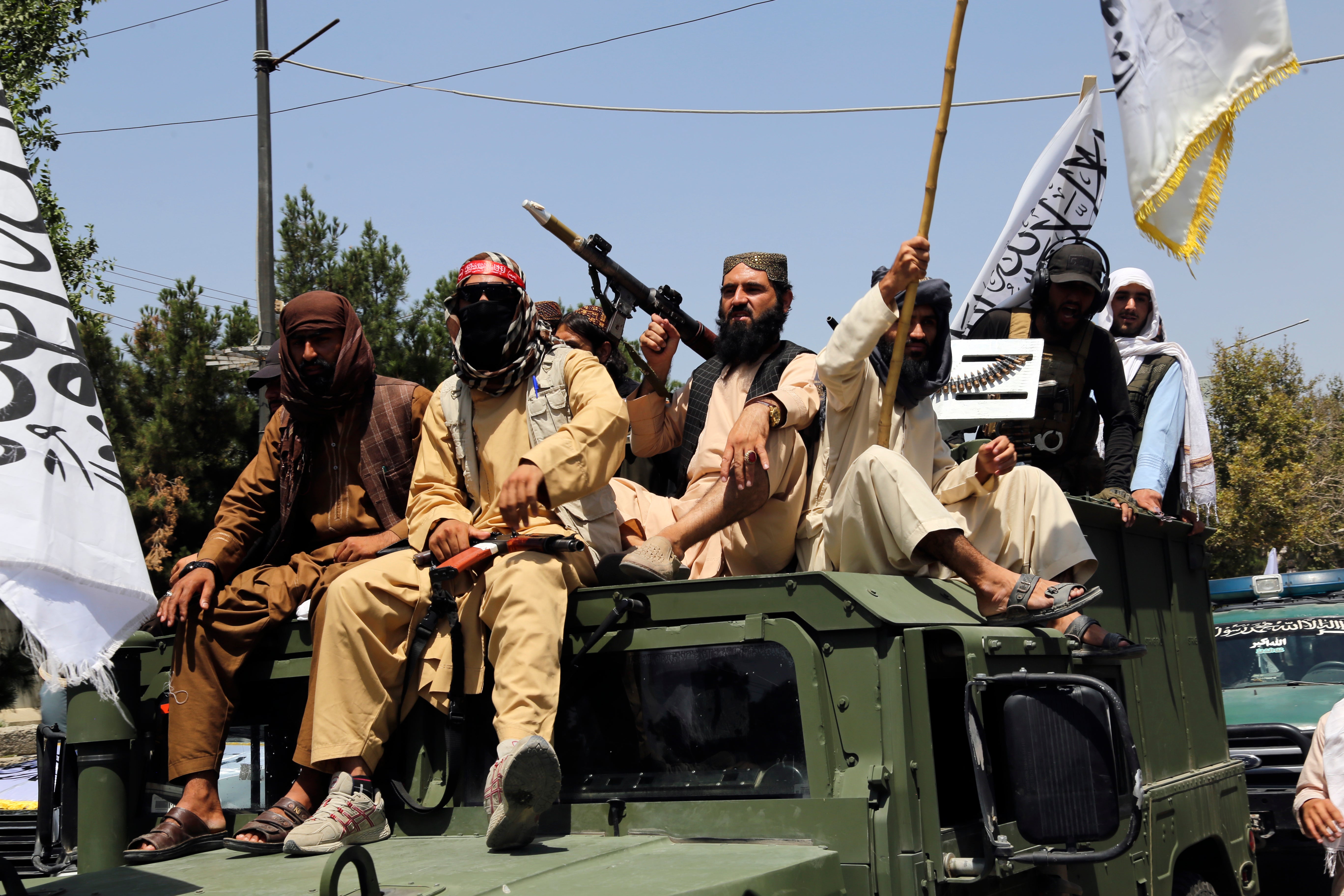Taliban vice and virtue laws provide 'distressing vision' for Afghanistan, warns UN envoy
A top UN official is warning that the Taliban’s new vice and virtue laws provide a distressing vision for Afghanistan’s future

Your support helps us to tell the story
From reproductive rights to climate change to Big Tech, The Independent is on the ground when the story is developing. Whether it's investigating the financials of Elon Musk's pro-Trump PAC or producing our latest documentary, 'The A Word', which shines a light on the American women fighting for reproductive rights, we know how important it is to parse out the facts from the messaging.
At such a critical moment in US history, we need reporters on the ground. Your donation allows us to keep sending journalists to speak to both sides of the story.
The Independent is trusted by Americans across the entire political spectrum. And unlike many other quality news outlets, we choose not to lock Americans out of our reporting and analysis with paywalls. We believe quality journalism should be available to everyone, paid for by those who can afford it.
Your support makes all the difference.The Taliban’s new vice and virtue laws that include a ban on women’s voices and bare faces in public provide a “distressing vision” for Afghanistan’s future, a top U.N. official warned Sunday.
Roza Otunbayeva, who heads the U.N. mission in the country, said the laws extend the “ already intolerable restrictions ” on the rights of women and girls, with “even the sound of a female voice” outside the home apparently deemed a moral violation.
Afghanistan’s Taliban rulers last Wednesday issued the country’s first set of laws to prevent vice and promote virtue. They include a requirement for a woman to conceal her face, body and voice outside the home.
The laws empower the Vice and Virtue Ministry to be at the front line of regulating personal conduct and administering punishments like warnings or arrest if its enforcers allege that Afghans have broken the laws.
“After decades of war and in the midst of a terrible humanitarian crisis, the Afghan people deserve much better than being threatened or jailed if they happen to be late for prayers, glance at a member of the opposite sex who is not a family member, or possess a photo of a loved one,” Otunbayeva said.
The mission said it was studying the newly ratified law and its implications for Afghans, as well as its potential impact on the U.N. and other humanitarian assistance.
Taliban officials were not immediately available for comment.
In remarks broadcast Sunday by state-controlled broadcaster RTA, Vice and Virtue Minister Mohammad Khaled Hanafi said nobody had the right to violate women’s rights based on inappropriate customs.
“We are committed to assure all rights of women based on Islamic law and anyone who has a complaint in this regard will be heard and resolved,” he added.
Taliban supreme leader Hibatullah Akhundzada said last year that Afghan women are provided with a “comfortable and prosperous” life, in spite of decrees barring them from many public spaces, education and most jobs.
The U.N. has previously said that official recognition of the Taliban as the legitimate rulers of Afghanistan is nearly impossible while restrictions on women and girls remain.
Although no country recognises the Taliban, many in the region have ties with them.
Last Wednesday, the United Arab Emirates accepted the credentials of the Taliban’s ambassador to the oil-rich Gulf Arab state.
A UAE official said the decision reaffirmed the government’s determination to contribute to building bridges to help Afghans. “This includes the provision of humanitarian assistance through development and reconstruction projects, and supporting efforts that work towards regional de-escalation and stability.”
Otunbayeva is scheduled to report to the U.N. Security Council on the situation in Afghanistan on Sept. 18, three years after the Taliban stopped girls’ education beyond sixth grade.